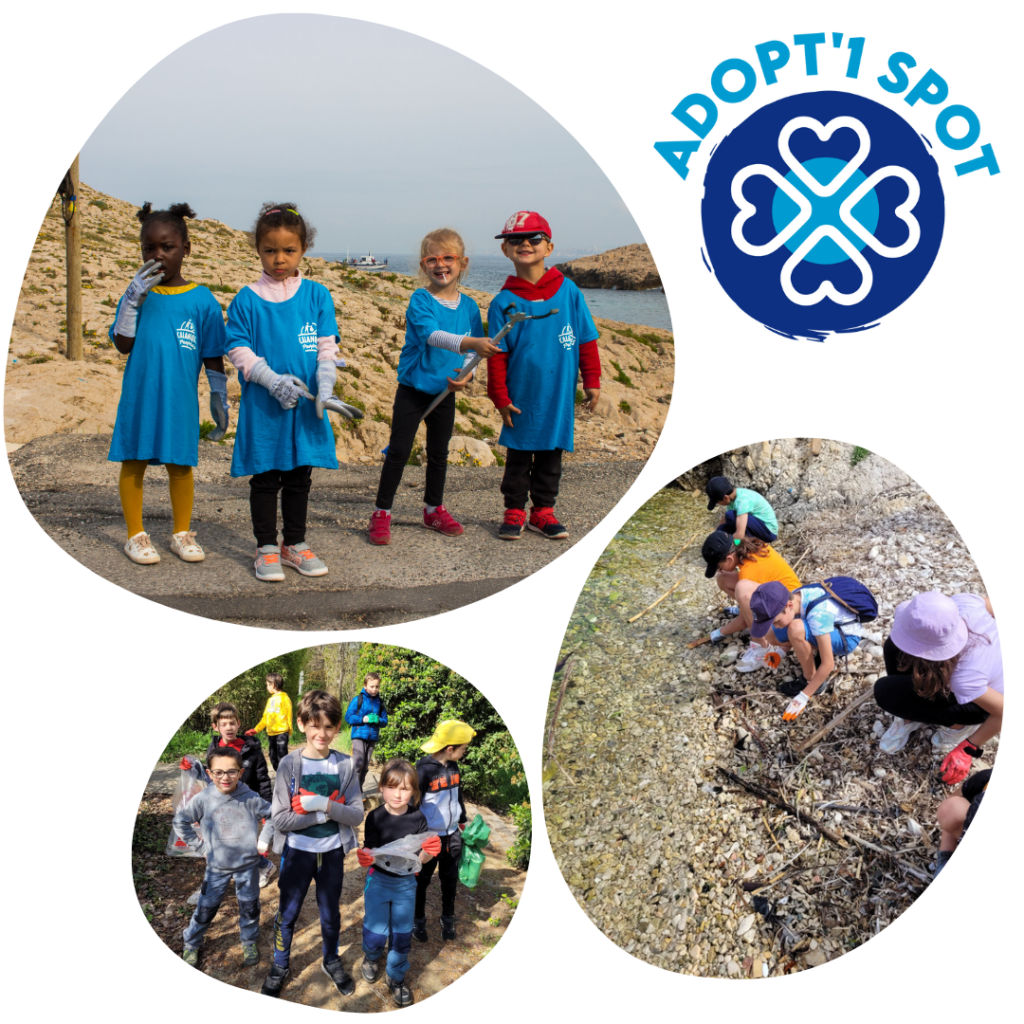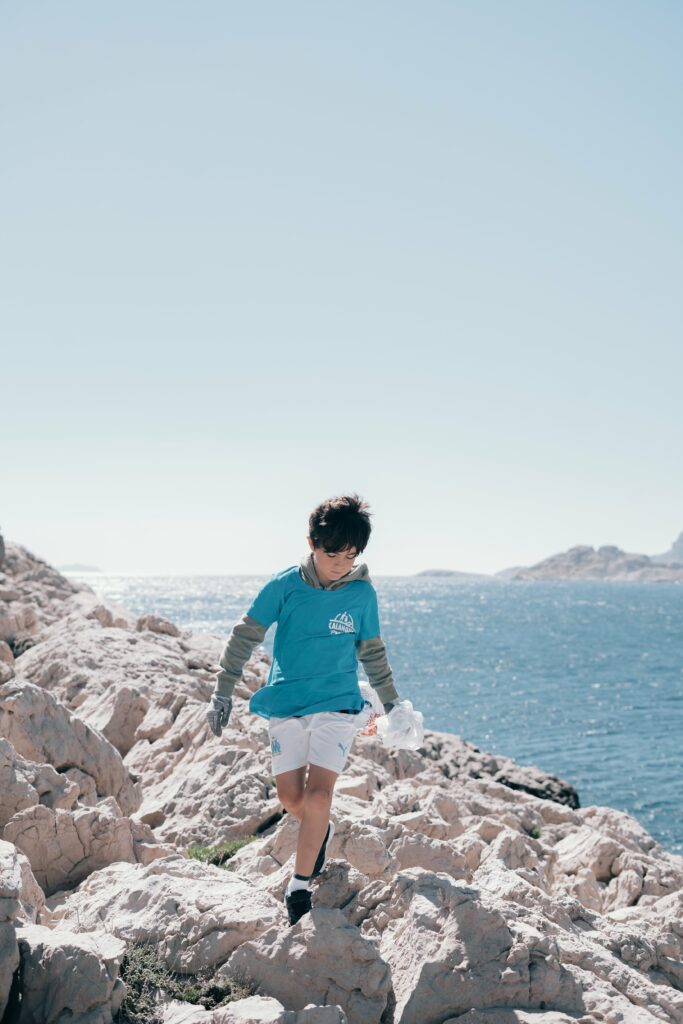Adopt’1 Spot
A 3-in-1 program to turn data into action !
Education, Preservation and Monitoring.

Every year, millions of tons of waste end up in the oceans, 80% of it coming from land.
Managing this pollution upstream in the marine environment is therefore essential !
To take action against litter, MerTerre has set up the Adopt'1 Spot program, which has a threefold objective :
- Raise awareness about litter pollution ;
- Fight against their proliferation in natural and marine environments ;
- Mesurer pour obtenir les données nécessaires à une meilleure gestion de la problématique à l’échelle locale et nationale pour construire une réponse adaptée and cibler les moyens nécessaires à la réduction des déchets à la source.
A participatory science program
Adopt'1 Spot is a participatory science tool which enables us to monitor pollution caused by waste abandoned in a specific area, in order to draw up as complete a diagnosis as possible of this pollution (origin, type of waste, variations according to the weather, etc.).
This diagnosis is based on frequent characterizations of the waste collected on the spot. By carrying out at least 3 pick-ups a year, and recording the data on the Zero Dechet Sauvage platform, the system makes it possible to monitor the evolution of the waste deposit on this spot, and to understand the specifics of the pollution at this precise location.
Thanks to this data, local waste managers can carry out accurate diagnoses of waste pollution in their areas, and draw up action plans that are as appropriate and effective as possible.
Regardless of your organization or profession, you can become a whistleblower and help preserve a place by adopting it to help your community.

An educational tool to raise awareness
Adopt'1 Spot is also an educational tool that can be used to raise awareness among a variety of audiences, including citizens, schoolchildren and corporate employees.
This program is offered to educational structures to reach as many children and teenagers as possible, who can benefit from tailor-made support from MerTerre.
Acquiring a range of data enables young people to get involved in the management of their region, by alerting local authorities and monitoring the implementation of waste prevention measures tailored to local issues.

Adopt'1 Spot, a 3-in-1 program : Education, Preservation, Monitoring
Associations spots
These spots are intended for all associations, federations and citizens' groups wishing to engage in a monitoring program in a specific area, in order to diagnose the litter and assess the effectiveness of the actions implemented.
Educational spots
These spots are designed for all educational establishments wishing to introduce young people to the scientific approach, and raise their awareness of the problem of litter, with tailor-made support from the MerTerre association.
Public authorities and managers spots
These spots are intended for local authorities and nature managers wishing to embark on a program to monitor litter, based on studies carried out on one or more indicator areas in their territory. The purpose of this information is to assess, over the long term, the effectiveness of public policies and local actions against litter.
National monitoring spots
These spots cover all the areas covered by the national program for monitoring marine litter on the coast, conducted within the DCSMM and the OSPAR Convention. This program is coordinated in France by Cedre (Centre de documentation, de recherche et d'expérimentations sur les pollutions accidentelles des eaux).
The reference documents
The origin of the project
The Adopt'1 Spot program originated in the United States and was inspired by the "Adopt a beach" concept. The idea is simple: citizens commit to carrying out several litter picks at a site they symbolically "adopt".
In 2008, the European Union passed the DCSMM (Marine Strategy Framework Directive), which is applied in France through the Marine Action Plan (MAP).
In 2016, MerTerre began working with the French government on adapting the American Adopt a Beach concept to France. In 2019, the regional ReMed Zero Plastic platform was created with the Muséum national d'Histoire naturelle and the Provence-Alpes-Côte d'Azur Region, followed by its national equivalent, Zero Dechet Sauvage with the Ministère de la Transition Écologique. The aim of these participatory science platforms is to federate a network of players and centralize data from collection operations.
Adopt'1 Spot was launched the same year, in 2019, with the aim of making the data collected and recorded on the platform more regular and reliable. Data from one-off collection events often prove to be unreliable, and this is what the Adopt'1 Spot program aims to correct and make usable.

